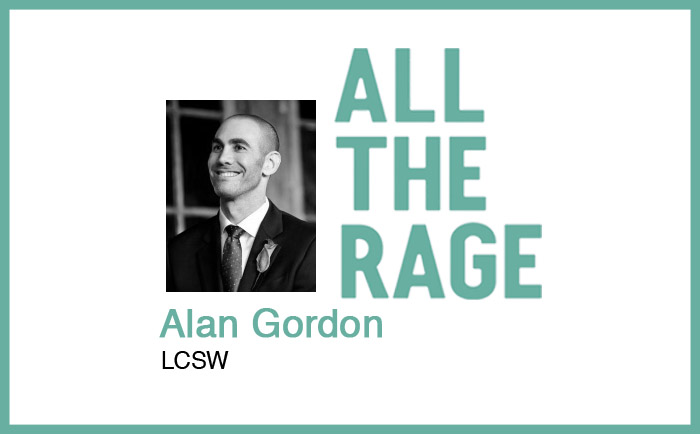15 Dec Alan Gordon
 I’ve had clients tell me that when they succeed at no longer indulging in these pain-themed thoughts, they actually become somewhat indifferent to the pain. Of course it still hurts, but without all the fear and frustration, the pain loses a lot of its meaning. When you reach this place of near-indifference, the pain is no longer serving its purpose, and will eventually fade. It is no easy task to attempt to become indifferent toward something that you care very much about, and is not something that can be achieved overnight. But by gradually taking away your pain’s power, you’ll likely see incremental changes, which will make continuing to do so even easier.
I’ve had clients tell me that when they succeed at no longer indulging in these pain-themed thoughts, they actually become somewhat indifferent to the pain. Of course it still hurts, but without all the fear and frustration, the pain loses a lot of its meaning. When you reach this place of near-indifference, the pain is no longer serving its purpose, and will eventually fade. It is no easy task to attempt to become indifferent toward something that you care very much about, and is not something that can be achieved overnight. But by gradually taking away your pain’s power, you’ll likely see incremental changes, which will make continuing to do so even easier.
I want to add two caveats.
1.) There’s a phenomenon in behaviorism known as an “extinction burst.” When you stop reinforcing a behavior, you’d think that the behavior would just immediately stop. But they’ve found that that isn’t the case. When you stop giving the rat food pellets for running on the wheel, it actually runs harder and faster at first before it stops running altogether. When you stop giving the two-year-old candy, his tantrums actually get worse before they go away. No one likes to lose a behavior that’s working, so there’s a little resistance once the reinforcement is taken away. How is this relevant to the pain? Often when you take away the pain’s reinforcement (fear, attention, etc.) the pain gets worse before it goes away. The mind does not like to lose a defense mechanism any more than a toddler likes to lose his candy-getting behavior. So just know that if you stop reinforcing the pain and it starts getting worse, don’t panic, that’s just an extinction burst; it means you’re on the right track.
2.) Although I focused primarily on how to respond to the pain, I don’t want to minimize the importance of working through the underlying emotions. Often if you don’t work through these emotions, a new symptom will pop up that will serve to preoccupy you all over again. One of the reasons breaking the pain cycle is so difficult is because the pain-related thoughts and fears are so persistent and relentless. So you must be too. There’s a great story I often tell my clients that captures the importance of this. In the late 70s, Bob Marley was scheduled to perform at a peace rally in Jamaica. Two days before the rally, he was shot by an unknown gunman. Despite his injuries, he showed up at the rally and performed for 90 minutes. When asked afterward why he didn’t skip the rally to recover, he replied, “The people who are trying to make the world worse don’t take a day off. How can I?” Your thoughts and fears about the pain will not take a day off, how can you? Be disciplined, be persistent, commit yourself to pulling the curtain back on these thoughts, and break the pattern of reinforcement. When you take away the pain’s power, it is a behavior without purpose. And its days are numbered.

No Comments